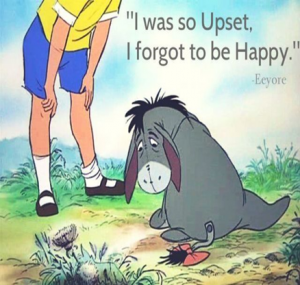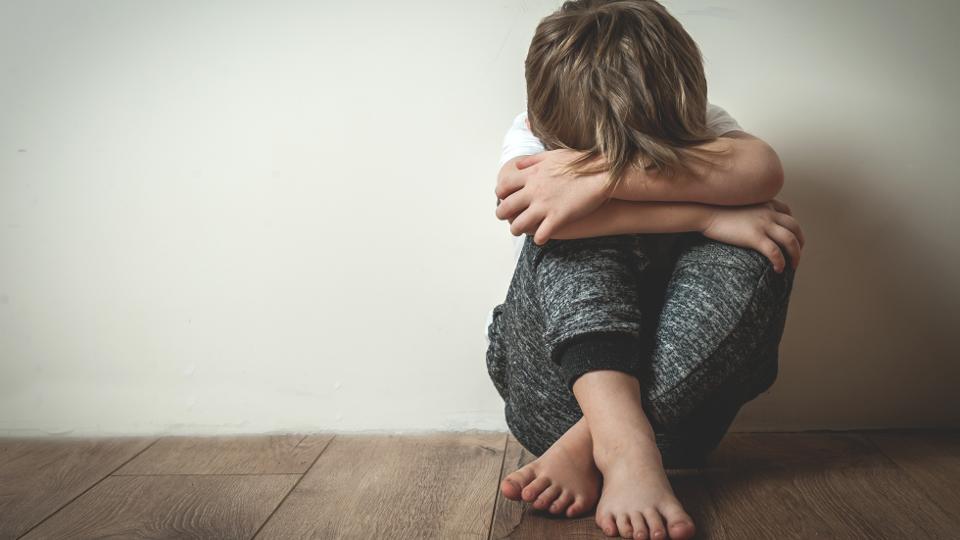A child with depression

Your child could be like Eeyore from Winnie the Pooh and here is how you can help them.
Depression is referred to as “the common cold of psychopathology” due to its universal symptoms. However, children who have depression are often not diagnosed and struggle to bounce back from their depressive state, since it is believed that children cannot be depressed. These depressive symptoms interfere with their daily lives, social relationships and overall functioning.
There are various factors which can cause or lead to depression. These factors include genetics, neurobiological influence, stressful life events, family influences, gender and culture.
Symptoms
One of the biggest symptoms to look out for is a depressed mood or loss of interest or pleasure.
- Depressed mood most of the day, nearly every day (irritable mood in children and adolescents).
- Noticeably reduced interest or pleasure in all, or almost all, activities most of the day, nearly every day.
- Significant weight loss when not dieting or weight gain.
- Insomnia (problems falling and staying asleep) or hypersomnia (excessive sleepiness) nearly every day.
- Psychomotor agitation (pacing around the room, tapping toes or rapid talking) or retardation (doing things slowly) nearly every day.
- Fatigue or loss of energy nearly every day.
- Feelings of worthlessness or inappropriate guilt.
- Reduced ability to think or concentrate, or indecisiveness, nearly every day.
- Recurrent thoughts of death, or suicidal attempt or a specific plan for committing suicide.
(Five or more symptoms should be present – DSM V)
Effects of depression
- Lower academic achievement: Children with depression often struggle to concentrate in class or lose interest quickly. They also tend to
 think and move at a slower pace compared to the rest of their class mates.
think and move at a slower pace compared to the rest of their class mates. - Negative view of life: They are more likely to notice an unhappy face, as they mainly see the world through ‘negative glasses’. They devalue their performance and dismiss praise from others. Therefore it is very difficult to motivate a child with depression.
- Negative self-esteem: They may be labelled by other children as they act differently compared to their peers. They also tend to see themselves as less important.
- Social and peer problems: A child with depression may withdraw from their friends since they would rather spend time alone. They often display aggressive or irritable behaviour which in turn pushes others away.
- Family problems: A child may showcase frustration or have anger outbursts towards other family members, which causes conflict. They often feel helpless because no one can help them out of their misery.
- Suicide: A child with depression may feel that there is no other way to cope with this never-ending depressed mood and see suicide as an option. They may feel like everybody knows the secret to happiness but they do not understand the language that everyone is communicating in.
- Other conditions: Children with other conditions such as an anxiety disorder, specific phobias, conduct disorder, ADHD or oppositional defiant disorder are more likely to experience signs of depression.
If you think that your child may be displaying signs of depression, do not hesitate to contact a professional individual. Ignoring the problem could only make matters worse.
Help your child to forget to be upset and remember to be happy.


